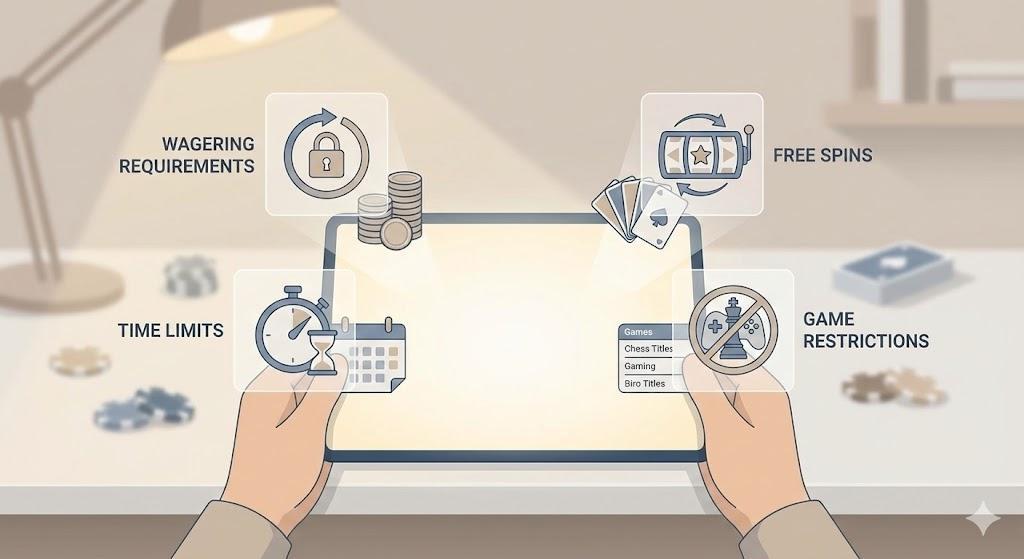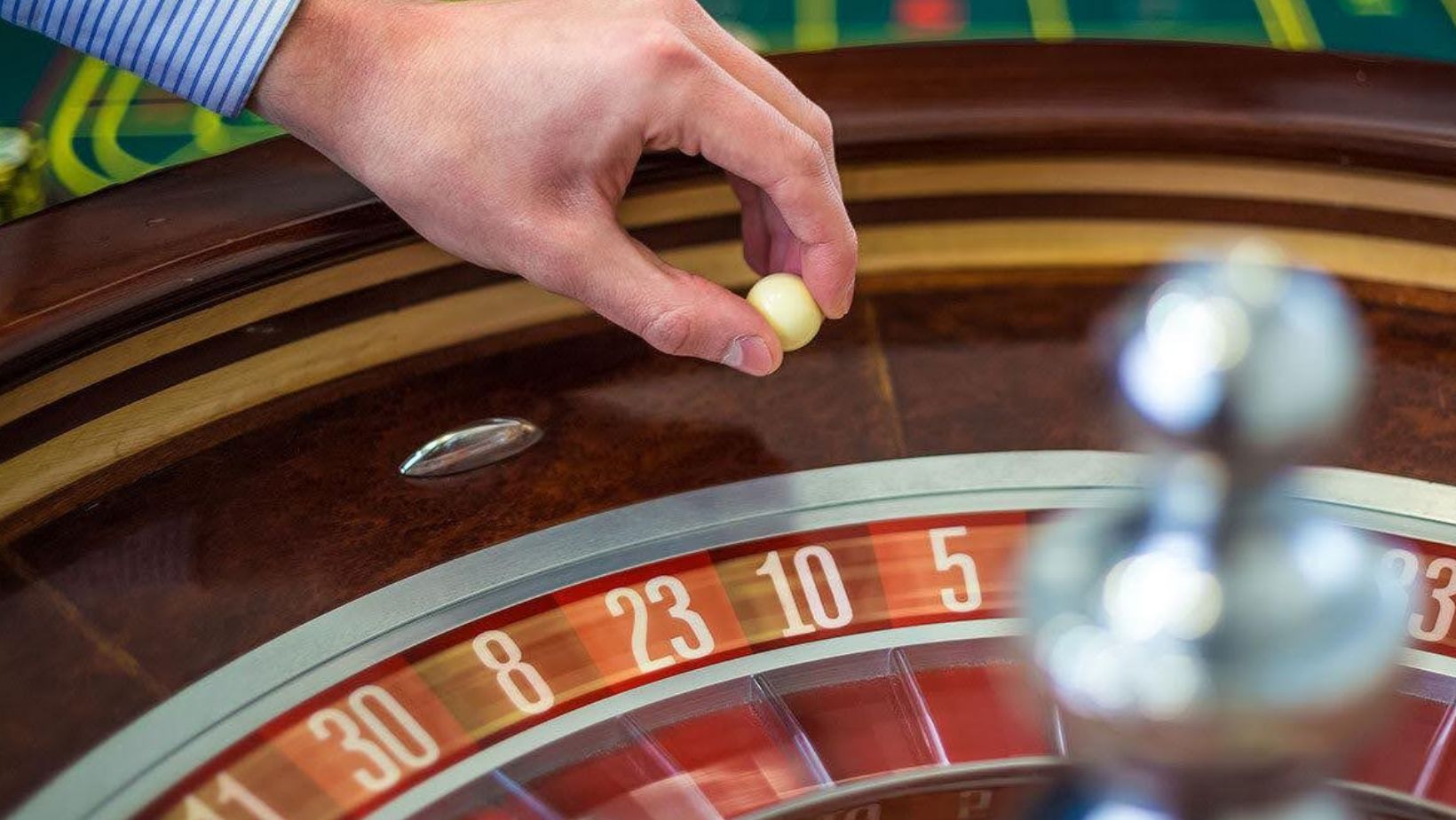I’ve been around enough tournaments to see how the whole vibe has changed. Back in the day, you played, you either won or you didn’t, and that was about it. Maybe there was a prize pool, maybe not. Now? It’s a whole different beast. Tournaments aren’t just short events anymore. They’re layered, stretched-out things with progress bars, badges, and endless ways to track where you stand. You’re not just showing up for one match—you’re signing up for a journey. That’s the hook.
Table of Contents
ToggleRisk, Timing, and the Thrill of Climbing Higher
A good way to explain it is by looking at Avia Masters. It’s not your usual setup. You’re basically piloting a plane, making fast choices about speed and timing. Push too far and you crash, but pull out early and maybe you leave some rewards on the table. As you climb, multipliers keep rising, rockets zip by, and the tension builds. It’s a constant gamble between taking what you’ve got or risking it all for a bigger payout. That same mix—risk, timing, the urge to go just a little higher—is exactly what progression systems in tournaments play on.
Why Progression Matters More Than People Admit
Progression is what keeps people hooked even when they’re not winning trophies. You can’t always be the champ, but you can always climb, unlock, collect. It turns matches into stepping stones. One night you move up a division, the next week you finish a seasonal challenge, then maybe you grab an emblem nobody else in your group has. That’s fuel. Without it, tournaments would feel disposable. With it, you’re invested. You come back not just because of the competition, but because you want to see that bar move.
How Progression Is Set Up
Organizers use a bunch of different systems. Some just go for points—simple, clean, every win adds up. Others use ladders with ranks you grind through, the kind that reset each season so you start over fresh. Then there are passes—those long tracks where you earn XP and unlock rewards every few levels. On top of that, you’ll see achievements. Do something hard or unusual, get a permanent badge. And often you’ll find a mix of all of these mashed together. Points, passes, achievements, ladders—layers on layers, so there’s always another reason to play one more match.
Rewards Aren’t Decoration
A lot of people think rewards are fluff, but they’re the engine. A skin that only a few players can show off, a badge that sticks by your name, even just your spot on a leaderboard—all of that has weight. It’s proof you were there. Proof you did something. Humans like collecting, plain and simple. We like showing off. Organizers know this, and they build around it. That’s why the good stuff isn’t handed out too easily—you need to feel like you earned it.
The Grind vs. The Payoff
Things can easily slide off track when progression is badly balanced. Some setups just push players too hard, and the fun fades. Here’s how it usually breaks down:
- Over-grind systems – demand hours every day just to unlock basic rewards. Feels less like play, more like work.
- Balanced grind – steady progress for those who put in time regularly, without overwhelming them.
- Skill shortcuts – strong performances (hot streaks, clutch wins) let players skip ahead without endless hours.
- Fair respect – both casual weekend players and dedicated grinders feel rewarded.
Small Wins And Big Goals
The smartest systems mix quick hits with long-term goals. A daily bonus here, a weekly challenge there, a big seasonal unlock way down the track. That layering keeps you hooked. You get the dopamine rush of finishing something small, but there’s always a bigger prize further off. It’s the same feeling you get in a game like Avia Masters—you cash out early for a safe win, or you keep going for something huge. Both paths feel good in their own way.
How Organizers Nudge You
Let’s be real: these systems are designed to push behavior. Limited-time badges, seasonal resets, exclusive skins—they’re not just for fun. They’re built to make you log in, sign up, keep playing. It’s not shady, it’s just smart design. People hate missing out, so when an organizer says “play this weekend or lose this forever,” you better believe most players will show up.
Casual Setups vs. Pro Circuits
There’s a big gap between weekend tournaments and pro-level events. Casual ones keep it simple—points, maybe a ladder, a handful of badges. Enough to keep hobby players interested without overwhelming them. Pro circuits are another world. They pile it on: global rankings, tiered ladders, seasonal resets, rare collectibles, official standings. The whole structure is heavier because the stakes are higher. For the pros, it’s not just fun, it’s career and reputation.

What’s Coming Down The Line
You can see where things are going. Progression systems are getting smarter, more connected. Cross-platform rewards so your progress follows you, collectibles you can’t duplicate, tracks that shift depending on how you play. It’s not going to stay static. The idea is the same, though: keep you hooked, give you reasons to care, make sure every hour you put in feels like it moved you forward.
Final Word
Progression and rewards are the spine of modern tournaments. They make the whole thing last longer than a weekend, give players milestones to chase, and keep people invested even when they’re not winning. The key is balance—rewards that feel valuable without locking out casuals, systems that give everyone a fair shot while still rewarding the grinders. Whether you’re climbing divisions, stacking rare badges, or pushing a plane higher and higher in Avia Masters, progression is what makes it all stick. It’s what keeps you coming back for the next round, and the one after that.




